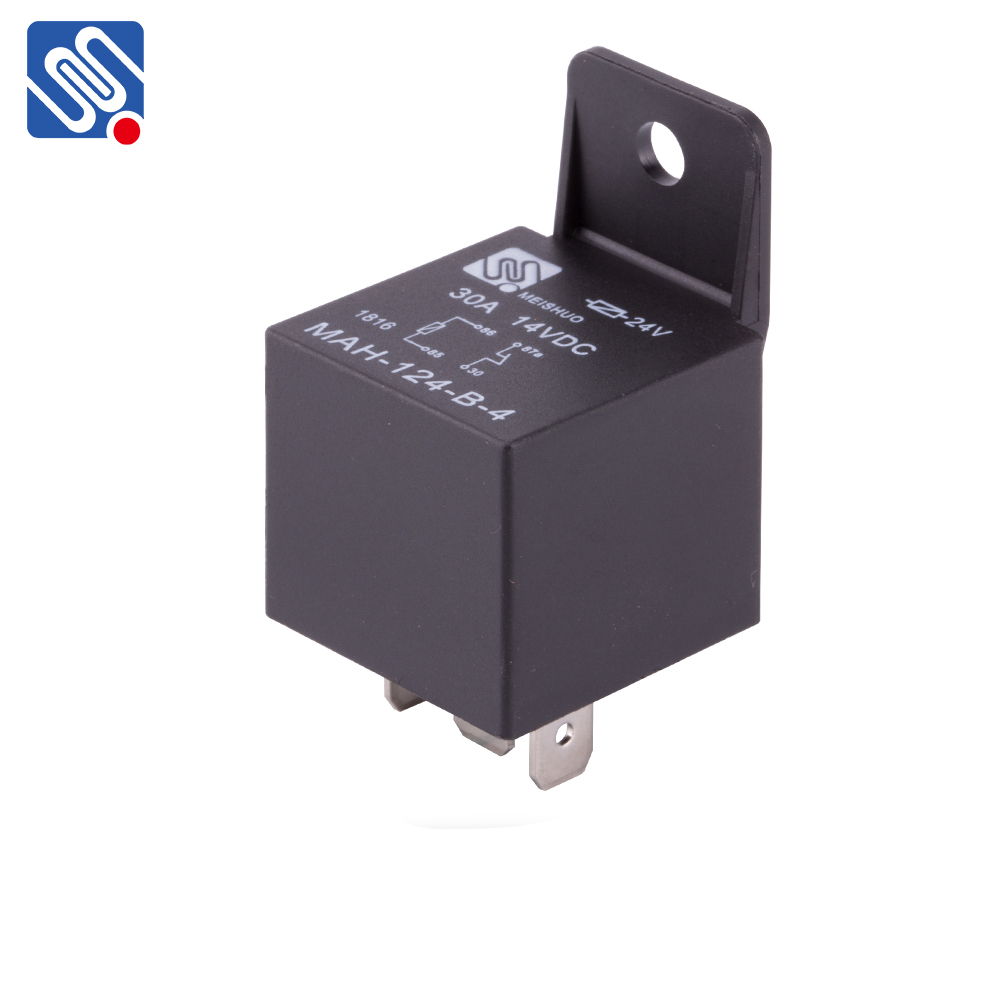understanding 24v relays: the role of meishuo in power control systems
Release time:2025-04-23 23:20:55
In modern electronic and electrical systems, relays play a pivotal role in controlling the flow of current and protecting sensitive components from overloads or faults. One such relay that has garnered attention is the 24V relay. These relays are widely used in various applications, including industrial automation, control systems, automotive electronics, and home appliances. This article explores the significance of 24V relays, highlighting the crucial role of Meishuo in providing reliable and high-quality relay solutions for power control systems.

What is a 24V Relay?
A 24V relay is an electrical switch that is activated by a 24V control voltage. It consists of a coil, contacts, and an actuator mechanism. When an electrical current passes through the coil, it generates a magnetic field that causes the relay's contacts to open or close, allowing or interrupting the flow of current in the connected circuit. These relays are essential for controlling high-power circuits with low-power control signals, ensuring that the power components are safely switched on and off without direct intervention.
The 24V rating refers to the control voltage required to activate the relay. This voltage is often standard in industrial and commercial environments because it strikes a balance between being low enough for safe operation and high enough to ensure efficient activation. The most common use of 24V relays is in applications where automation or remote control is necessary, as they can operate in systems that demand robust performance.

